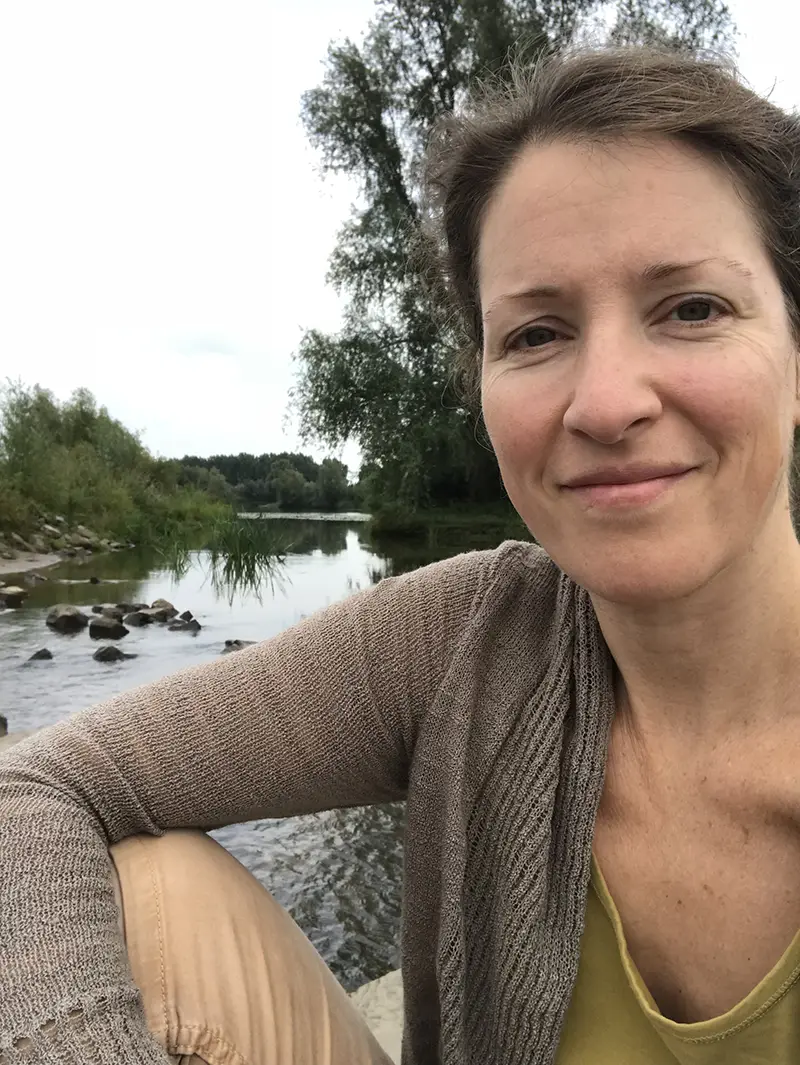Verbindende Communicatie
Wil je meer verbinding met jezelf en met anderen?
Wil je diepgaander contact ervaren in je (werk-)relaties? Conflicten ombuigen naar synergie en compromis transformeren naar win-win? Laat je hart spreken en houd tegelijkertijd oog voor je eigen behoeften én die van de ander.
Wat is Verbindende Communicatie?
Verbindende Communicatie (ook Geweldloze Communicatie genoemd) is een eenvoudige methode, die mij telkens weer helpt in respect, harmonie en verbinding met mij zelf en de mensen om mij heen te leven.
De kracht van directe verbinding
Wat mij aan Verbindende Communicatie het meest fascineert is de directheid van de verbinding. Zodra ik me verbonden voel met mijn gevoelens en de daaraan gekoppelde behoeften of die van een ander, ervaar ik een ontspanning, die mij met geluk vervult.
Mijn ervaring en expertise
Ik ben gecertificeerd trainer voor Geweldloze Communicatie (Non-Violent Communication, Marshall Rosenberg) en gecertificeerd Teamcoach. Na mijn master in psychologie, pedagogiek en politicologie en jaren werken als onderwijskundige, trainer en coach in het mbo, richt ik me nu volledig op mijn passie: Mensen verbinden met zichzelf en anderen. Naast coaching en trainingen open inschrijving te geven, geef ik ook trainingen en coaching op basis van Verbindende Communicatie in technische bedrijven en in de zorg.
Verbindende Communicatie
Wil je meer verbinding met jezelf en met anderen?
Wil je diepgaander contact ervaren in je (werk-)relaties? Conflicten ombuigen naar synergie en compromis transformeren naar win-win? Laat je hart spreken en houd tegelijkertijd oog voor je eigen behoeften én die van de ander.
Wat is Verbindende Communicatie?
Verbindende Communicatie (ook Geweldloze Communicatie genoemd) is een eenvoudige methode, die mij telkens weer helpt in respect, harmonie en verbinding met mij zelf en de mensen om mij heen te leven.
De kracht van directe verbinding
Wat mij aan Verbindende Communicatie het meest fascineert is de directheid van de verbinding. Zodra ik me verbonden voel met mijn gevoelens en de daaraan gekoppelde behoeften of die van een ander, ervaar ik een ontspanning, die mij met geluk vervult.
Mijn ervaring en expertise
Ik ben gecertificeerd trainer voor Geweldloze Communicatie (Non-Violent Communication, Marshall Rosenberg) en gecertificeerd Teamcoach. Na mijn master in psychologie, pedagogiek en politicologie en jaren werken als onderwijskundige, trainer en coach in het mbo, richt ik me nu volledig op mijn passie: Mensen verbinden met zichzelf en anderen. Naast coaching en trainingen open inschrijving te geven, geef ik ook trainingen en coaching op basis van Verbindende Communicatie in technische bedrijven en in de zorg.


